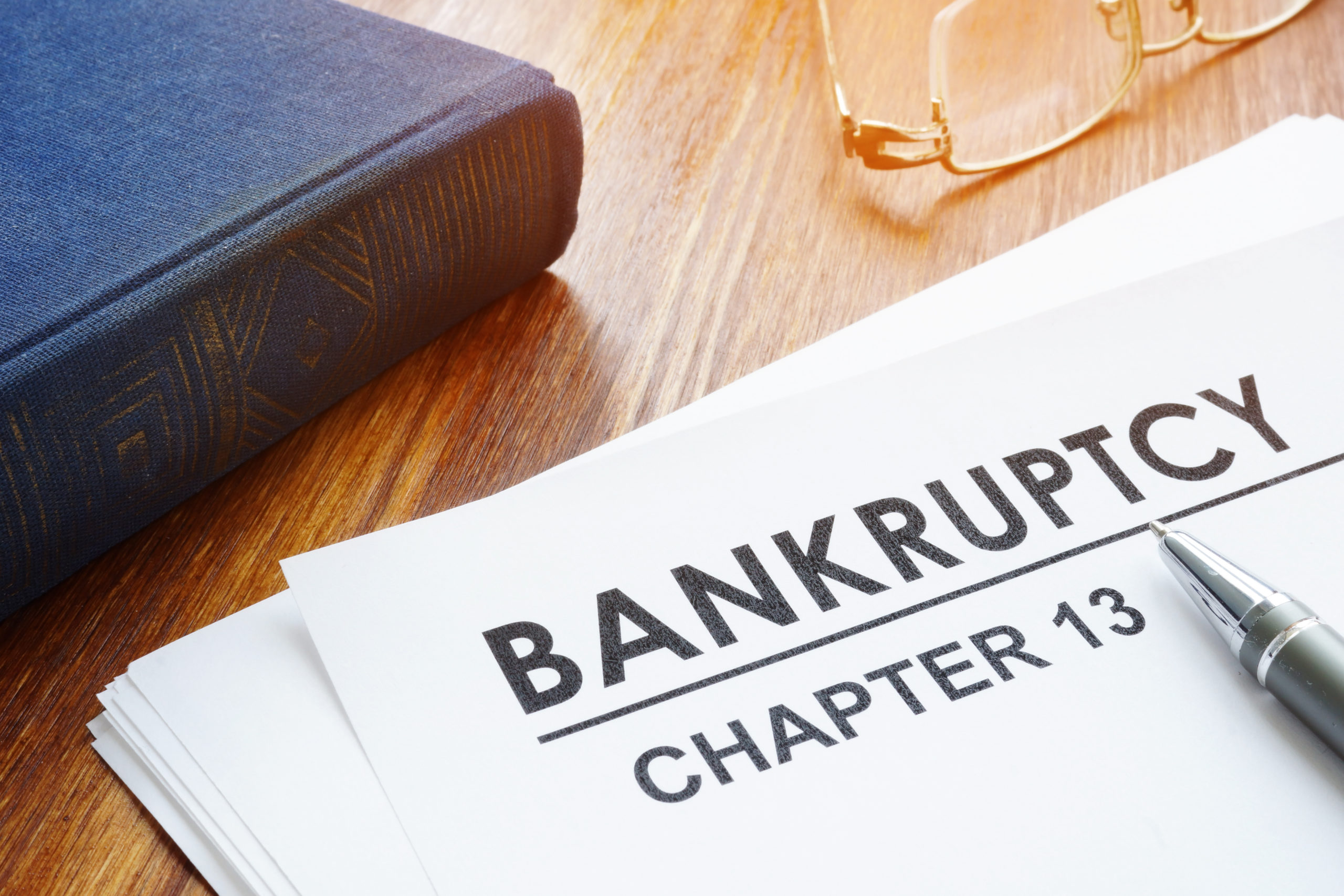Those who file under Chapter 13 are expected to execute a repayment plan over the course of three or five years. But what happens when you can’t continue to make payments due to some hardship like a sudden illness or the loss of a job? If this happens, your Chapter 13 bankruptcy goes into default and your case is dismissed, but you still have options available to you. One of those options is converting a Chapter 13 to a Chapter 7. Below, we’ll discuss this option in more detail.
How Does a Chapter 13 to Chapter 7 Work?
Bankruptcies can be converted from one chapter to another for one of two reasons.
First, you can petition the court to voluntarily turn your Chapter 13 into a Chapter 7. Here, you will have to still be able to pass the means test or make less than the state median. If you make more than the state median, you will have to prove that your monthly Chapter 13 payments don’t leave you with enough disposable income to support you and your family. The court will ultimately decide if you can convert your Chapter 13 into a Chapter 7. Those who did not qualify for Chapter 7 when they took the means test the first time around, are not necessarily ineligible to convert their Chapter 13 into a Chapter 7.
Second, the court may force you to convert your Chapter 13 bankruptcy into a Chapter 7 if it becomes apparent that you will not be able to continue to make payments in accord with your repayment plan. This is rarer, but it does happen.
Why Do Consumers Convert Their Chapter 13 into a Chapter 7?
In the majority of cases, consumers file for a Chapter 13 because they’re attempting to save some kind of property that is secured against the property itself. As an example, those who are facing foreclosure may file under Chapter 13 in a bid to protect their home. If it becomes apparent that they cannot continue to make payments or see another alternative to keeping their home, they want to move on from the debt. In Chapter 7, the obligation to repay arrearages or continue to make payments on the loan once the house is gone is wiped clean. But on the downside, you forfeit your right to the collateral. So the bank would get the home, but you could walk away without any debt obligation.
The Process of Converting a Chapter 13 to a Chapter 7
Many of the forms that were filled out for your Chapter 13 can be used to file a Chapter 7. You will likely need to update some of your information including debts, income, expenses, and whatever other financial information has changed. You can even include debts that were incurred after you filed your Chapter 13.
The biggest issue will be defining your exemptions and protecting assets that would otherwise be liquidated in Chapter 7 to repay your creditors. All exemptions will be dated according to your first Chapter 13 filing meaning that you will not expose assets that you acquired after that date. You will be required to go to a new meeting of creditors.
If you are eligible to file under Chapter 7, you will receive a full discharge of unsecured debts and will no longer be obligated to pay on secured debts. If not cannot convert your Chapter 13 to a Chapter 7 and cannot make payments on your Chapter 13, your bankruptcy case will be closed and your creditors will again be able to file lawsuits against you.
Talk to North Carolina Bankruptcy Attorney Today
If you have any questions concerning your bankruptcy or your financial situation, don’t hesitate to call The Steadman Law Firm, P.A. to learn more about how we can help.






